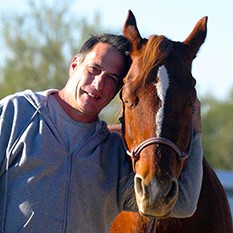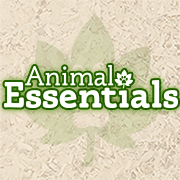



Dogly donates 10% to your shelter of choice.
Similar Products
Promotes calming effect.
Skullcap is commonly used for acute or chronic cases of nervous tension or anxiety and to help relieve pain from nerve-related injury or disease. Skullcap by itself doesn't bring about drowsiness, nor does it dull the reflexes or interfere with motor coordination. Instead, skullcap acts to moderate your pet's responsiveness to physical or nonphysical stimuli and helps to alleviate general restlessness and nervous twitching.
Herbalists consider skullcap a specific remedy for grand mal epileptic seizures.
It's important to remember skullcap and other herbal sedatives can only relieve symptoms of such disorders; they can't address the underlying causes.
Primary Medicinal Activities: Moderates nerve transmissions, sedative, antispasmodic, anticonvulsant
Strongest Affinities: Nervous system
For epileptic dogs, 0.5 - 1 milliliter of a low-alcohol tincture can be fed 2-3 times daily, but see your holistic veterinarian for a thorough workup of your companion before proceeding.
For general nervousness or to help relieve pain, 0.5 milliliter per 20 lbs of your pet's weight can be fed as needed, up to 3 times daily for up to a week.
Skullcap, vegetable glycerin USP, distilled water

Animal Essentials
Greg Tilford
Most pet lovers know that companion animals bring joy and many lessons of unconditional love into our homes. But that is only part of a much larger gift they present to us...
















